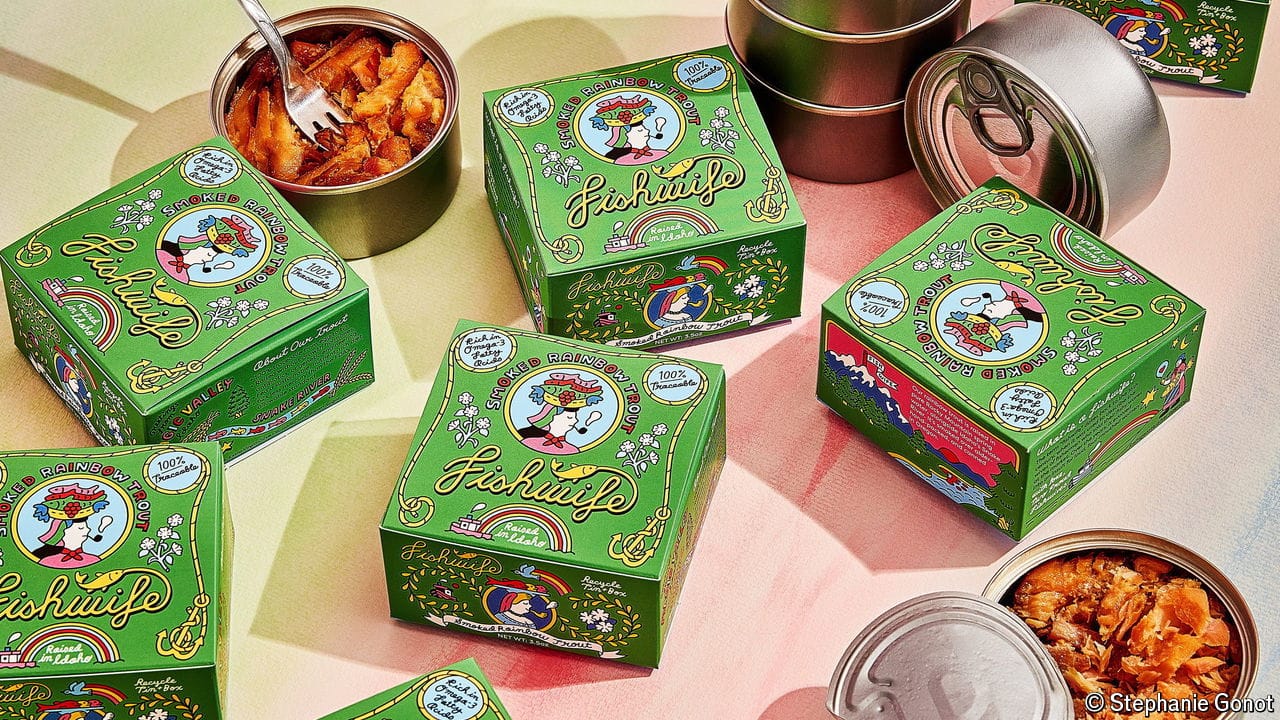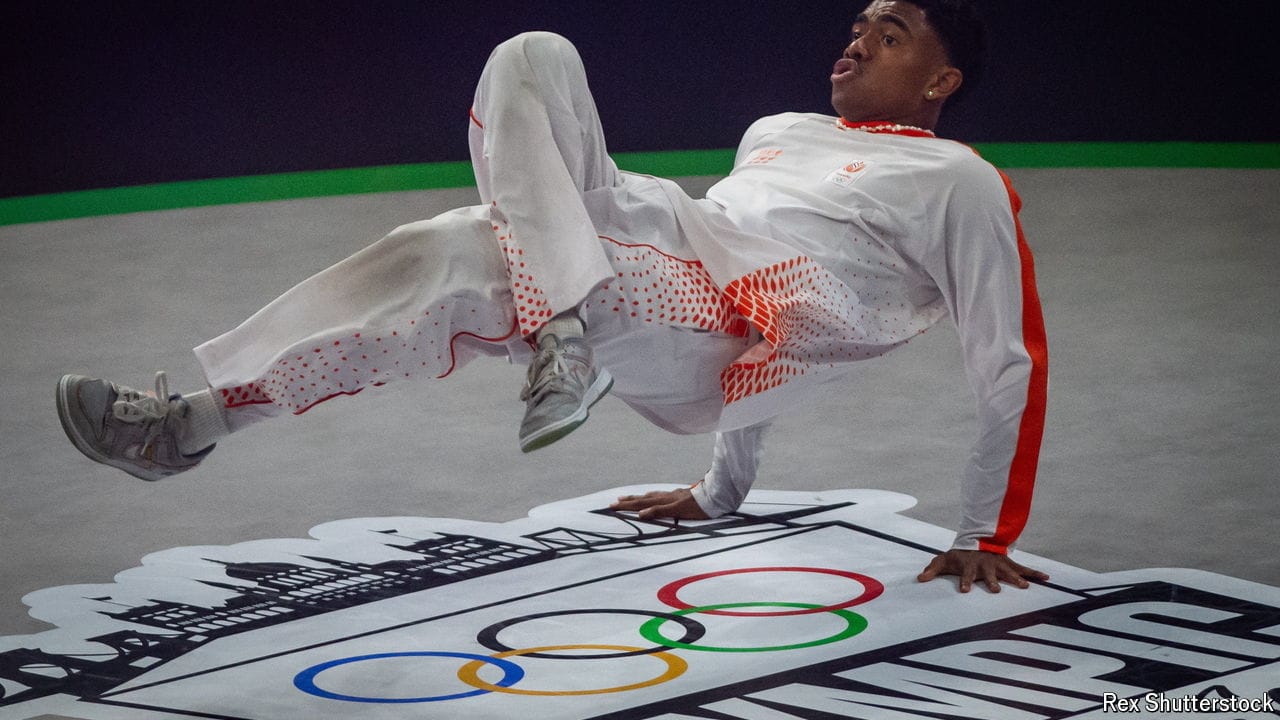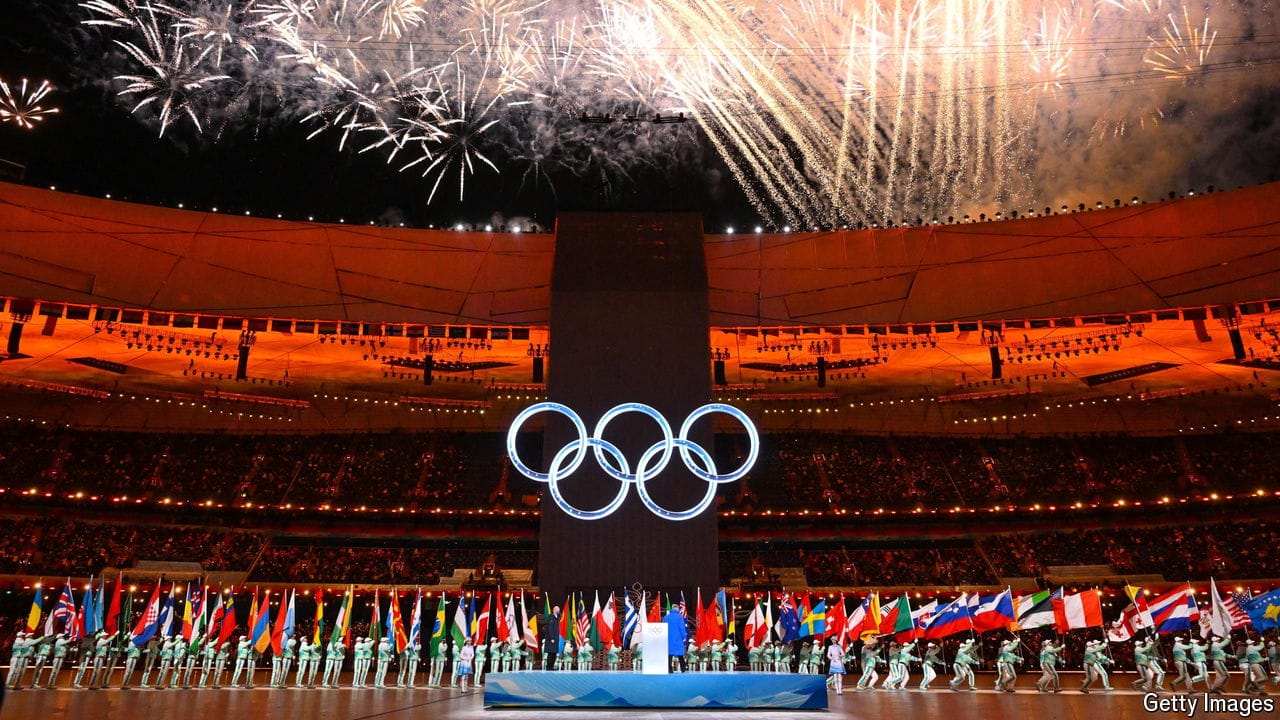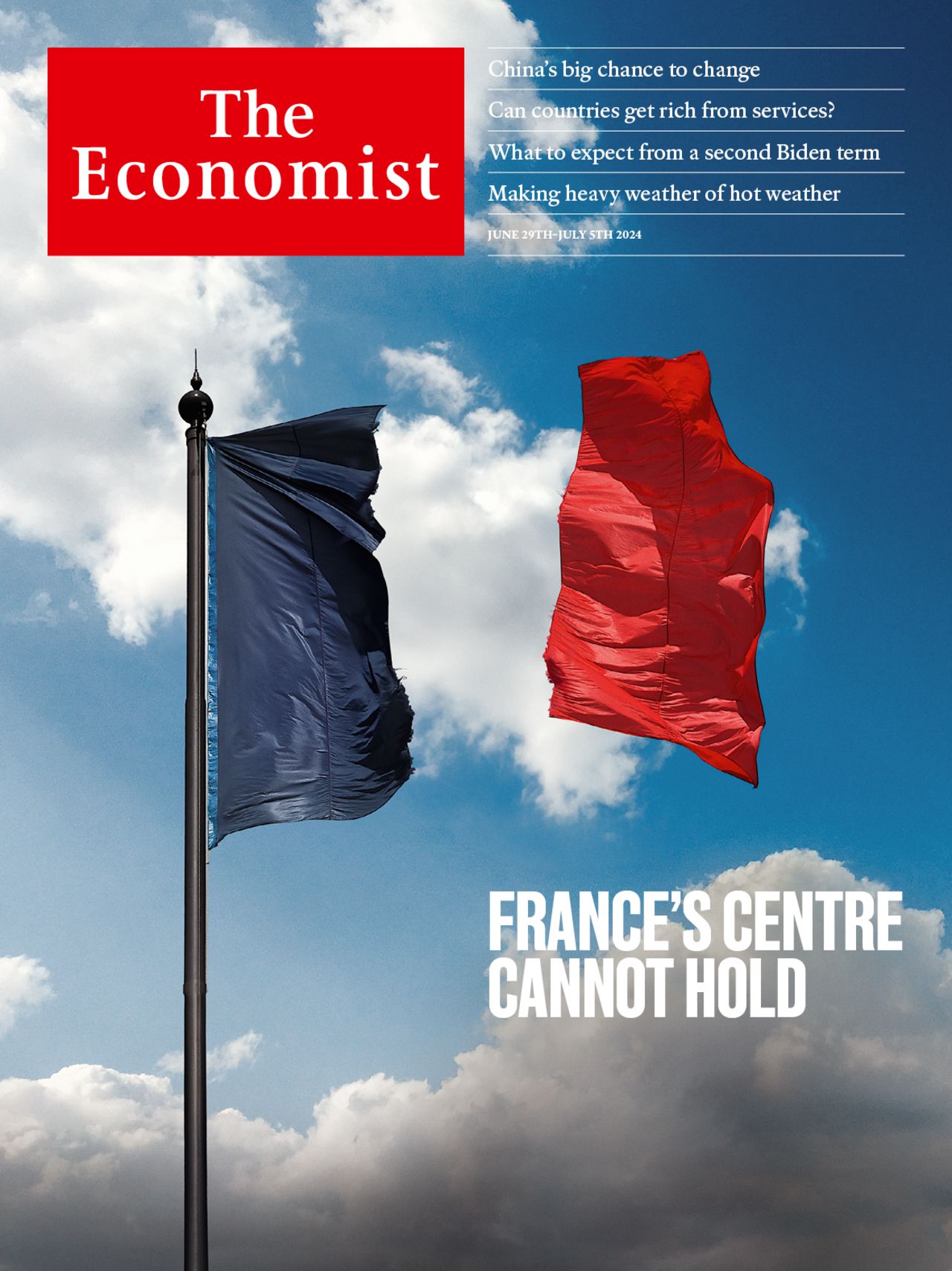The döner kebab has a meaty role in German society
It is a diplomatic tool as well as a tasty, cheap meal

“I have an onion on my head/I am a kebab/because kebab makes you more beautiful.” It is no surprise that the lyrics of “Döner macht schöner”, a German hit from 2004, do not deliver quite the same emotional payload in English. In Britain the kebab is a byword for drunken excess, devoured before bed and recalled in shame. In Germany, especially its capital, it is a more exalted affair. Every Berliner has a favoured Dönerladen. Many build family outings around them.
The döner kebab (the umlaut is essential) long ago displaced currywurst as Berliners’ fast food of choice. But these days its ubiquity obliges it to carry a lot more than succulent strips of seasoned meat—lamb, veal or beef—served in flatbread with salad and sauces.
Explore more
This article appeared in the Culture section of the print edition under the headline “The rest is shishtory”
More from Culture

Tinned fish is swimming against the tide
Once a staple of wartime diets, it is now a social-media phenomenon

The Paris Olympics are breaking’s one shot to become a global sport
But its inclusion was not without controversy

The most memorable part of the Paris Olympics may be uncompetitive
Opening ceremonies remain a core part of the Olympic experience
The Seine may determine athletes’ success at the Paris Olympics
Yet the river plays an even more vital role in the culture and economy of the city
The real theme of J.D. Vance’s and Donald Trump’s memoirs
“Hillbilly Elegy” and “The Art of the Deal” reveal a lot about who the men are—and were
How “The Blair Witch Project” changed horror films
Released 25 years ago, it was a masterclass in doing more with less
